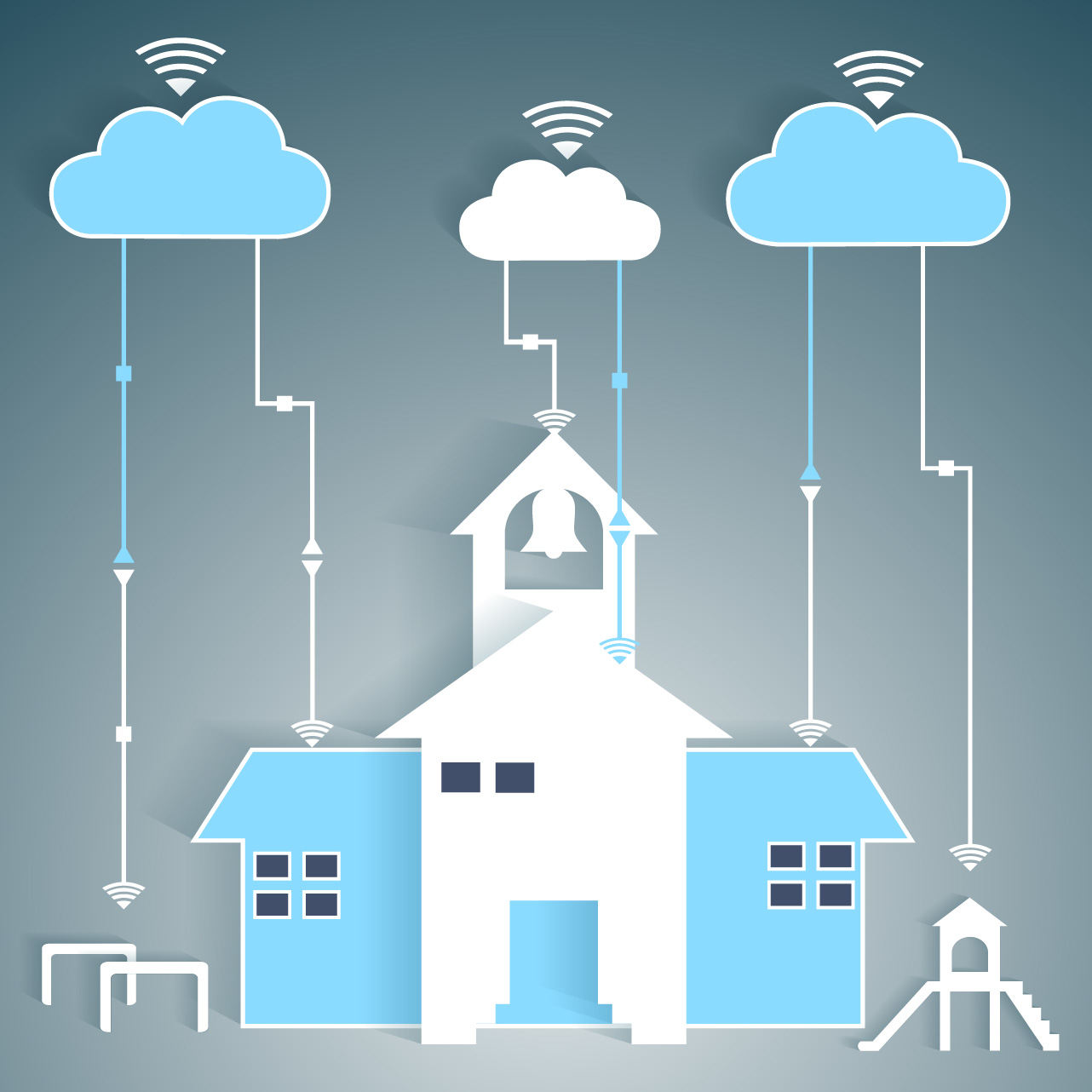Zoom’s Out for Remote Learning
Following reports of hackers breaking into lessons with racist, pornographic and harassing interruptions, several large districts are moving away from Zoom.

Following reports of hackers breaking into lessons with racist, pornographic and harassing interruptions, several large districts are moving away from Zoom as a way to connect teachers and students. In addition to New York City and Clark County, Nevada has banned the use of Zoom while others are reducing its use or tightening its security.
According to a memo Chalkbeat obtained from Carranzo to NYC principals, “The DOE received various reports documenting issues that impact the security and privacy of Zoom. The DOE will no longer permit the use of Zoom at this time.”
The NYC Department of Education’s Deputy Press Secretary added that “Providing a safe and secure remote learning experience for our students is essential. Upon further review of security concerns, schools should move away from using Zoom as soon as possible.”
While breaking into Zoom teleconferences might be seen as a prank or the online equivalent of a disruptive student in a face-to-face classroom setting, these interruptions have involved hate speech, profanity and disturbing images. For instance, a Massachusetts teacher reported that an uninvited member of an online Zoom class interrupted the teaching with videos of his swastika tattoos.
The FBI’s Boston Division is investigating this and other attacks. “The FBI has received multiple reports of conferences being disrupted by pornographic and/or hate images and threatening language,” according to the agency. It released a series of recommendations for safer video calling.
Trolls, Hackers, Ex-Students With A Beef
In retrospect, this sudden growth provided trolls, hackers and even ex-students with a beef an opportunity to break into online lessons. Eric Yuan, Zoom’s founder and Chief Executive Officer, said in a blog post earlier in the week that their call volume increased 20-fold and the company was trying to keep up. “We absolutely condemn these types of attacks and deeply feel for anyone whose meeting has been interrupted in this way. We recognize that we have fallen short of the community’s – and our own – privacy and security expectations.”
He blamed the quick ramp-up during the Covid-19 lock-down for the platform’s security shortcomings. It had to suddenly provide the infrastructure to not only support remote office work for its paying customers, but also free video teaching and online family reunions.
Tools and ideas to transform education. Sign up below.
“We did not design the product with the foresight that, in a matter of weeks, every person in the world would suddenly be working, studying, and socializing from home,” he added. “We now have a much broader set of users who are utilizing our product in a myriad of unexpected ways, presenting us with challenges we did not anticipate when the platform was conceived.”

Classroom Aid
In addition to online tutorials, Webinars and training sessions, the company has updated its privacy policy. Zoom also rolled out changes for educational users that include an administrator’s guide for setting up more secure virtual classrooms. The company’s privacy settings have been upgraded for educational users so that teachers are the only ones who can share content online.
As far as New York City's 75,000 teachers go, they are being told to move to Microsoft Teams immediately. The City’s Department of Education says that students and teachers can use their regular log-in credentials with Teams. Unfortunately, like Zoom, the basic infrastructure behind Teams has been under the stress of the unprecedented demand during the Covid-19 pandemic’s stay at home policy. There are numerous reports of the video conferencing service not being available, dropping calls and overall poor performance.
Read more about how to use Microsoft Teams in Jeni Long and Sallee Clark's article "Remote Learning in Action: Tips and Tools from Eagle Mountain Saginaw ISD."
Find Zoom's tips on how to minimize the risk of Zoombombing in their blog, "How to Keep Uninvited Guests Out of Your Zoom Event."

